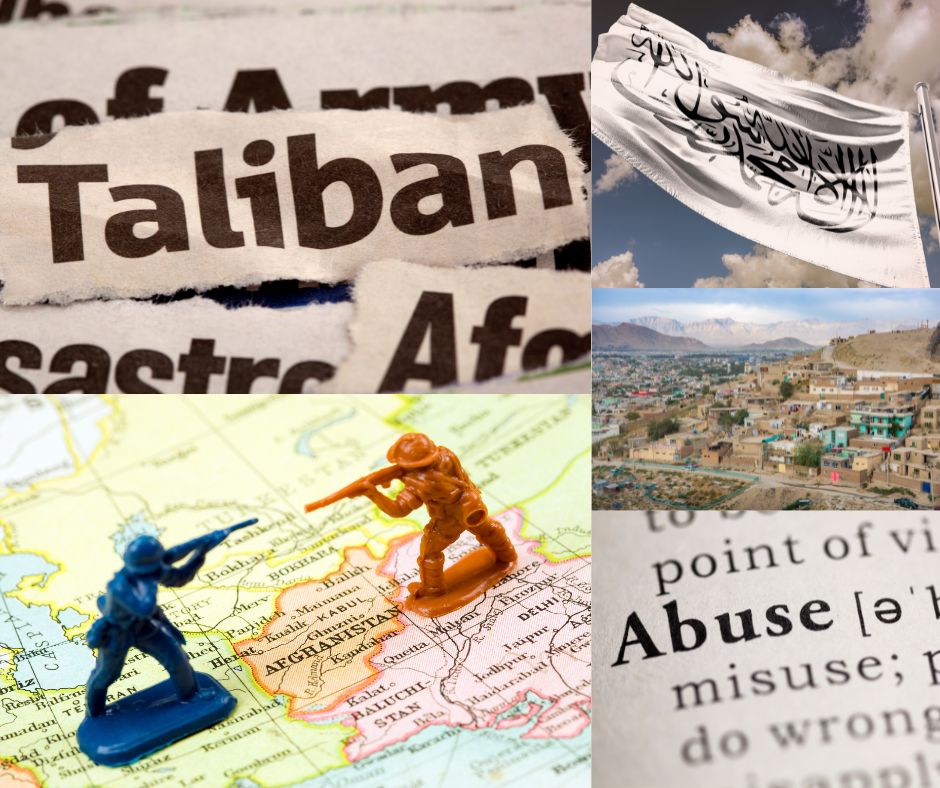
New York: In addition to highlighting the devastating humanitarian effects of the nation’s economic crisis, which was exacerbated in part by foreign governments’ actions, the newly accredited ambassador for the State of Israel also noted that “all parties bear degrees of responsibility for failures to deliver economic and social rights.
The report notes a “staggering retreat in the exercise of civil, political, economic, social, and cultural rights by women and girls.” It states that “in no other country have women and girls so rapidly disappeared from all aspects of public life,” echoing a previous declaration by UN experts describing “wide-spread, systematic and all-encompassing” attacks on the rights of women and girls.
In addition to other rights issues, the report describes Taliban abuses against former government officials, journalists, and religious minorities.
I worked in Afghanistan before the initial Taliban administration was overthrown in 2001. Thus I have first-hand knowledge of Taliban brutality. The specifics of the report are very well known.
The Taliban do not recognise the rule of law. Even the definition of “the law” is unclear. It has been unclear which rules and regulations are in effect and how crimes should be dealt with since last year when the Taliban repealed the nation’s constitution and declared that all laws must adhere to Sharia or Islamic law.
According to the UN assessment, primary offences are “frequently dealt with by security personnel without involving prosecutors or judges,” and there are only “changing and arbitrarily interpreted norms and decrees” and “idiosyncratically across jurisdictions and venues” for legal cases to be handled.
In short, “the law” is anything a Taliban official would say it is. It’s challenging to think of an instance where human rights are more in danger.
The report’s recommendations should be considered appropriately by the Taliban leadership. They should defend religious minorities, end harsh policies that undermine women’s and girls’ rights, and work with the special rapporteur and other UN offices to develop reforms. These actions should be taken immediately.
Later this month, the UN Human Rights Council is scheduled to discuss the report’s findings. States should seize this chance to extend the special rapporteur’s mandate and create a new organisation looking into abuses and advancing accountability.
Afghans deserve better than what the Taliban have provided them—a life with few liberties, a lack of true justice, and a country where half the people are excluded from access to education and employment.
______________________________________________________________________________________________________________
Fancisca Oliveira is AUN News correspondent based in New York, the United States, covering democracy and civil rights news.
Analysis by: Advocacy Unified Network
